Category: Climate Science
-
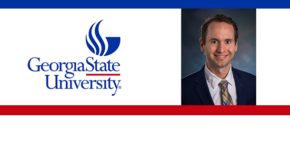
Garth Heutel, Georgia State University – Financial Regulation and Climate Change
What can financial regulation bring to the climate change fight? Garth Heutel, associate professor of economics at Georgia State University, follows the money. Garth Heutel is an Associate Professor of Economics in the Andrew Young School of Policy Studies at Georgia State University and a Research Associate at the National Bureau of Economic Research. He studies energy…
-
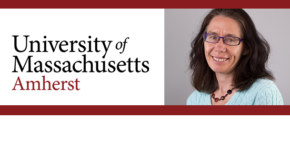
Erin Baker, University of Massachusetts, Amherst – The Climate Value of Off-Shore Wind
Should we look offshore to meet our climate goals? Erin Baker, professor of industrial engineering and operations research at the University of Massachusetts, Amherst, looks into this question. Erin Baker is Associate Dean for Research and Graduate Affairs; and the Director of Faculty Diversity at the College of Engineering; and Professor of Industrial Engineering and…
-
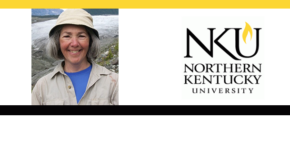
Chris Curran, Northern Kentucky University – Watch out for the TRAP
On Northern Kentucky University Week: Air pollution is still a killer all over the world. Christine Curran, associate professor of biological sciences, examines how it affects more than just the lungs. Dr. Curran’s research is in understanding how environmental toxicants affect the brain, leading to deficits in learning and memory and altered behavior. Understanding how…
-

Katherine Lacasse, Rhode Island College – Why We Need to Include Human Behavior in Climate Models
On Rhode Island College Week: What are climate models missing? Katherine Lacasse, associate professor in the department of psychology, delves into this question. Katherine Lacasse, Ph. D. is an Associate Professor in the Department of Psychology at Rhode Island College. She is a social psychologist broadly interested in understanding the motivations behind people’s concern and…
-
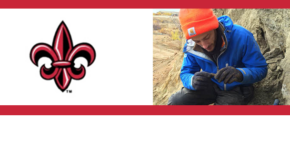
Brian Schubert, University of Louisiana at Lafayette – Using Fossil Plants to Measure Climate Change
What can fossils teach us about the future of climate change? Brian Schubert, associate professor in the school of geosciences at the University of Louisiana at Lafayette, digs in to look ahead. I have been at the University of Louisiana at Lafayette since 2013 and currently serve as the Coordinator for the Geology BS and…
-
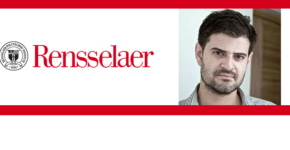
Alexandros Tsamis, Rensselaer Polytechnic Institute – Future of Cities
What will cities look like in the future? Alexandros Tsamis, assistant professor of architecture at Rensselaer Polytechnic Institute, looks at a post-COVID-19 urban environment. Alexandros Tsamis is an Architect and Assistant Professor at the School of Architecture, RPI. He currently serves as the Graduate Program Director of Built Ecologies MS & PhD and as the…
-
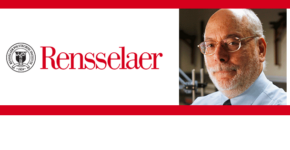
Jose Holguin-Veras, Rensselaer Polytechnic Institute – Package Delivery Emissions
Shopping from home can also be bad for the environment. Jose Holguin-Veras, professor of civil and environmental engineering at Renssealaer Polytechnic Institute, explores ways to reduce vehicle emissions during shipping. Dr. José Holguín-Veras is the William H. Hart Professor, and Director of the Center for Infrastructure, Transportation, and the Environment; and the Volvo Research and…
-
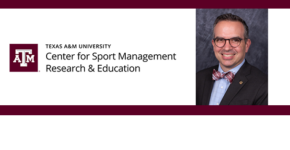
George Cunningham, Texas A&M University – Physical Activity and Climate Change Attitudes
On Texas A&M Center for Sports Management Research & Education Week: Changing attitudes toward global warming is hard. George Cunningham, professor of graduate and professional studies, details one surprising way to do so. George B. Cunningham (Ph.D., The Ohio State University) is a Professor and Sr. Assistant Provost for Graduate and Professional Studies at Texas…
-

Paula Saravia, University of California San Diego – Patagonia Sadness
Communities are very vulnerable to environmental changes. Paula Saravia, researcher at the University of California San Diego, explores how health can be intertwined with the environment. I studied social anthropology at Universidad de Chile (1995-2000), where I specialized in medical anthropology. Before continuing my studies abroad, I worked on poverty reduction programs in Chile, and…
-

Branwen Williams, Scripps College – Global Warming
On Scripps College Week: How much of recent global warming would have happened without humans? Branwen Williams, associate professor of environmental science, looks into the data to find the answer. Dr. Branwen Williams’s research develops the techniques that we use to generate records of our past ocean and climate variability, and uses these records to understand…
